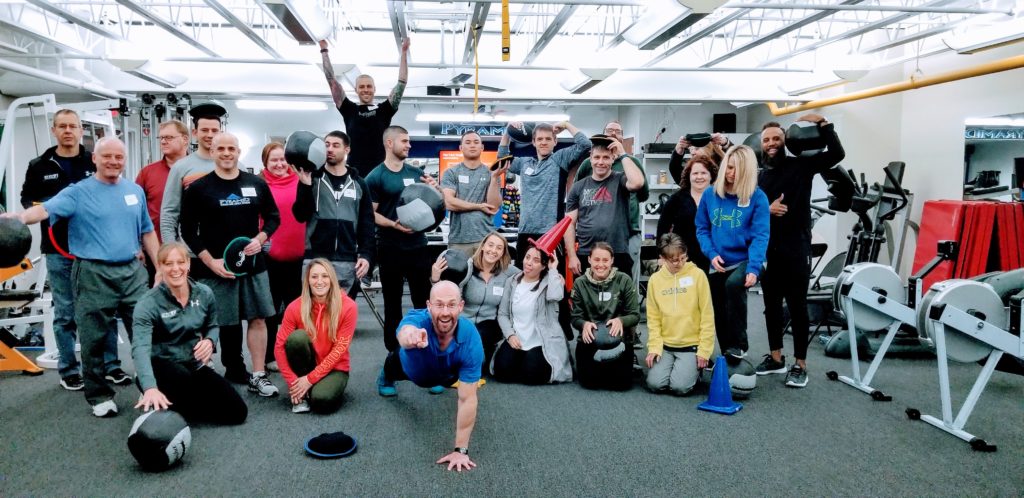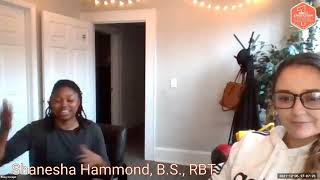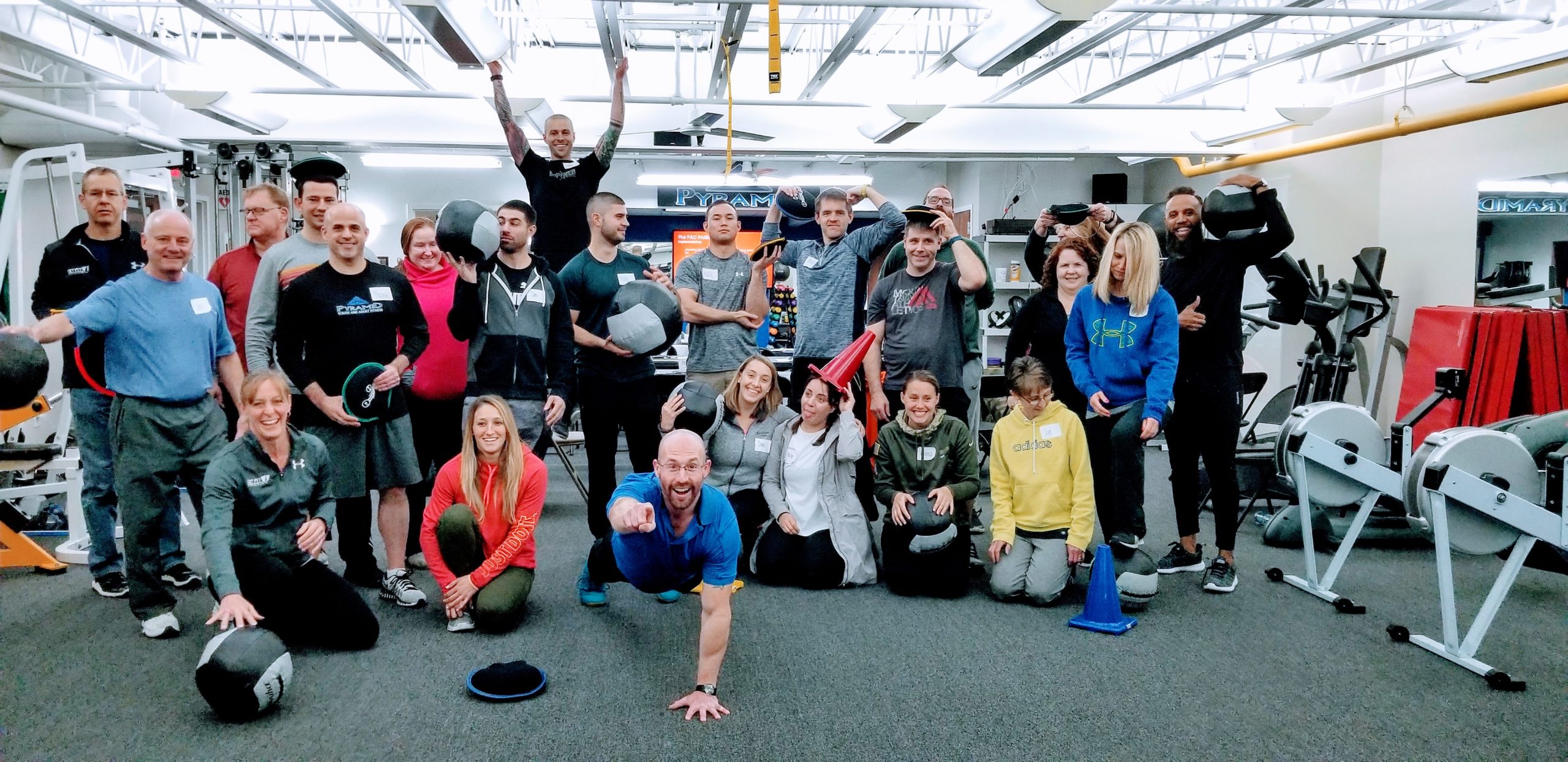Does exercise help autism?
What is the Autism Fitness Certification?
How do I find or become an Autism Fitness Instructor?
How does autism affect physical activity?
The Autism Fitness Certification was developed to answer all of these questions. Launched in 2015 by Autism Fitness Founder Eric Chessen, MS. The Autism Fitness Certification is for fitness trainers, Adapted PE teachers, physical and occupational therapists, BCBAs, RBTs, Recreation Therapists, and parents who want to create the best possible fitness and adapted physical education programs for children, teens, and adults with autism.
Does Exercise Help Autism?
Physical deficits, including strength/muscle tone and motor planning are common in autism and related developmental disabilities. The physical, behavioral, and cognitive challenges often present for individuals with autism can prohibit participation in meaningful fitness and exercise activities.
As we know with neurotypical populations, exercise can have profound benefits. Engaging in strengthening exercises can improve performance in areas of everyday life (activities of daily living, or ADLs). Strength training can improve motor skills, balance, and even cardiovascular health. As individuals with autism and special needs age, injuries and compensatory movements can be prevented by individualized training programs.
How Does Autism Affect Physical Activity?
Individuals with autism often exhibit strength and movement/motor delays. These complications are largely a result of reduced myelin (the fatty tissue that surround motor neurons) in the brains of those with ASD. Myelin is largely responsible for carrying electrical impulses along the nerve cells. As a result, we see inhibited strength and motor skills in children, teens, and, yes, adults with autism and related developmental challenges.
Environmental factors play a significant role as well. How many opportunities do people with autism have to engage in meaningful fitness activities and how often? What defines an appropriate setting and, more importantly, what qualifications and skills should a coach/professional have?
Autism is complex, and with physical, behavioral, and cognitive challenges, appropriate training and education is necessary. Simply having a bunch of exercises, or even understanding the exercise side of programming is not enough.
Many individuals with autism find exercise aversive. They may not enjoy or have any desire to participate in physical activity for extended periods of time. Low levels of motivation are quite common, and it is critical that any professional or parent has proven, validated strategies for positive behavior support and maintaining on-task, focused behavior.
Cognitive challenges in autism have two categories; neurological and neuromuscular. Neurological challenges can impede direction-following, processing verbal instruction, and social/communicative abilities. Neuromuscular deficits can be an obstacle for motor imitation and control during a variety of exercises.

What is the Autism Fitness Certification?
The Autism Fitness Certification takes the guesswork out of fitness and adapted physical education programming. Not only for the autism population, but for all neurodiverse diagnoses including Down Syndrome, Cerebral Palsy, PDD-NOS, and ADHD. Bridging the gap between best practices in exercise science, positive behavior support strategies, and coaching, the Autism Fitness Certification has led practitioners to success with their athletes around the world.

The Autism Fitness Certification is a blended learning program, combining the best attributes of self-paced learning and hands-on practice. Attendees get immediate access to over 14 hours of video instruction from Autism Fitness Founder Eric Chessen, MS. Live, virtual practical sessions are offered throughout the year in different time zones. Attendees spend a full day practicing
- Autism Fitness exercises with progressions and modifications
- Positive behavior support strategies for individuals with autism
- Adapted Physical education programming for students with autism
- Identifying common movement dysfunctions and compensatory movement
- Understanding cognitive and language abilities in autism
How do I become an Autism Fitness Instructor?
Autism Fitness Certification attendees complete their self-paced coursework, the live, virtual practical, and the Level 1 exam. When attendees successfully complete their Level 1 exam, they receive Autism Fitness Certified Pro credentials. When you become an Autism Fitness Certified Pro, not only will you have the capability to run 1-to-1 and group/class programs, but the confidence to know you’re doing it safely and effectively.
Professionals and parents can become Autism Fitness Certified Pros/Autism Fitness instructors by visiting AutismFitness.com and registering for the Level 1 Certification. Once registered, you can choose the date for your live, virtual (Zoom) practical.
What do Autism Fitness Certified Pros say?
Watch what Autism Fitness Certification attendees have to say about their experience. Click the picture below.

Eric Chessen, MS, is the Founder of Autism Fitness. An exercise physiologist with an extensive background in ABA and positive behavior support strategies, Eric has spent 20 years developing successful fitness and Adapted PE for the autism and neurodiverse populations. He is the creator of the Autism Fitness Certification and PAC Profile Method.
